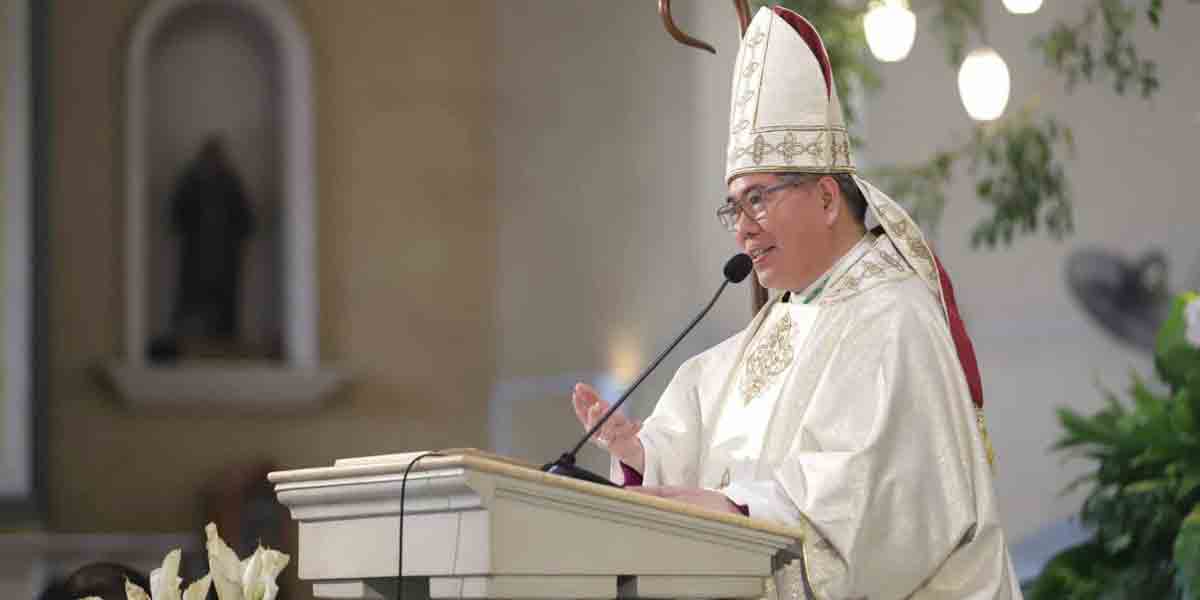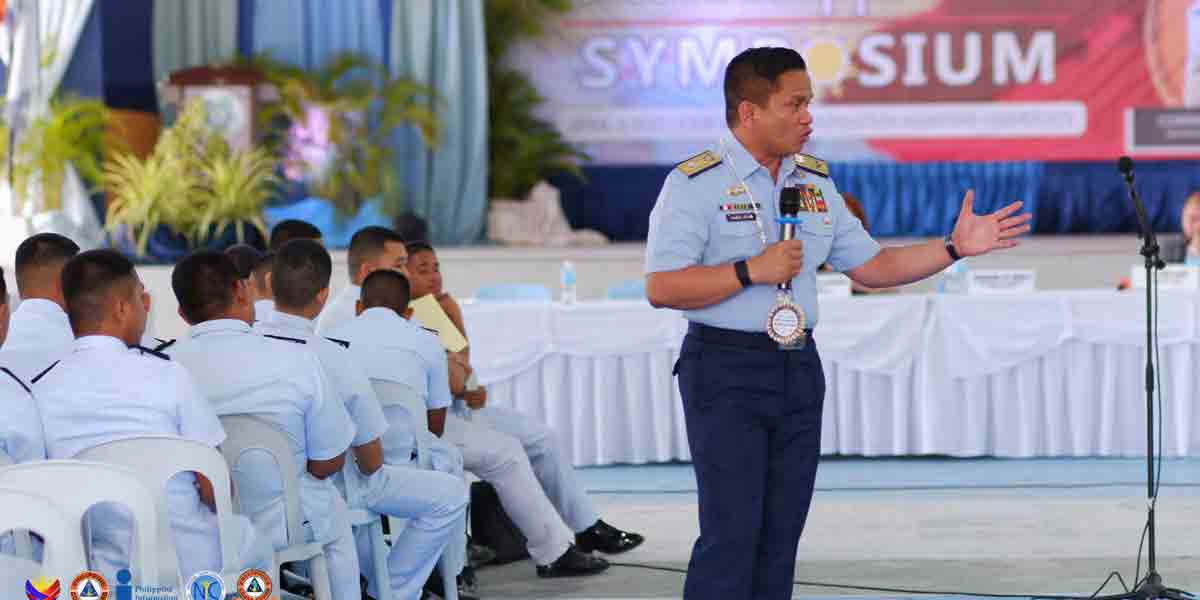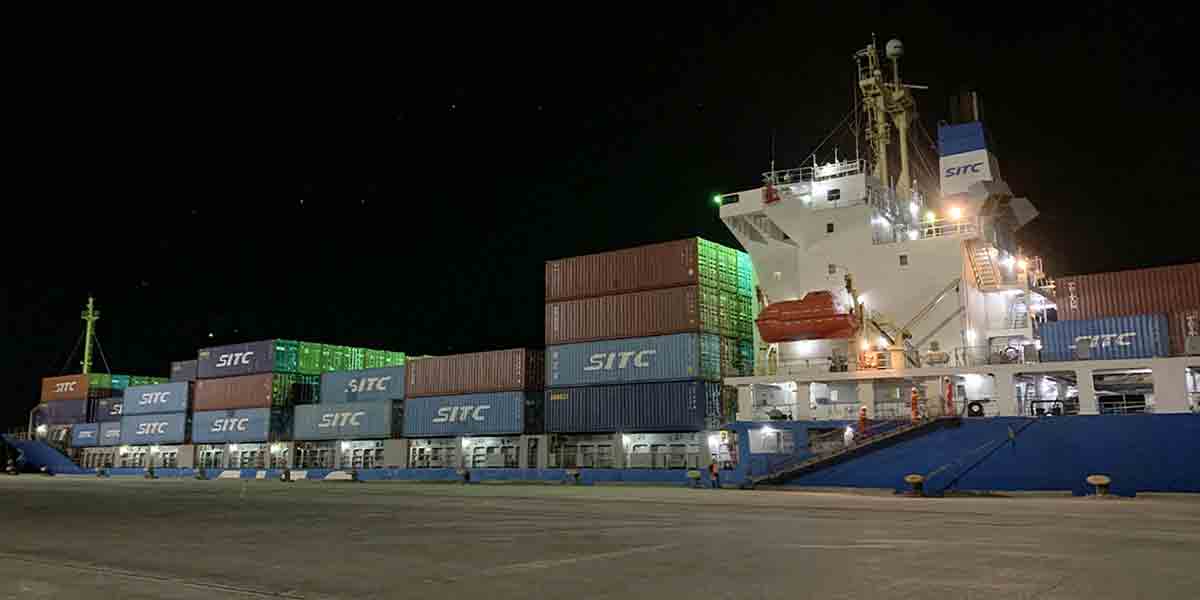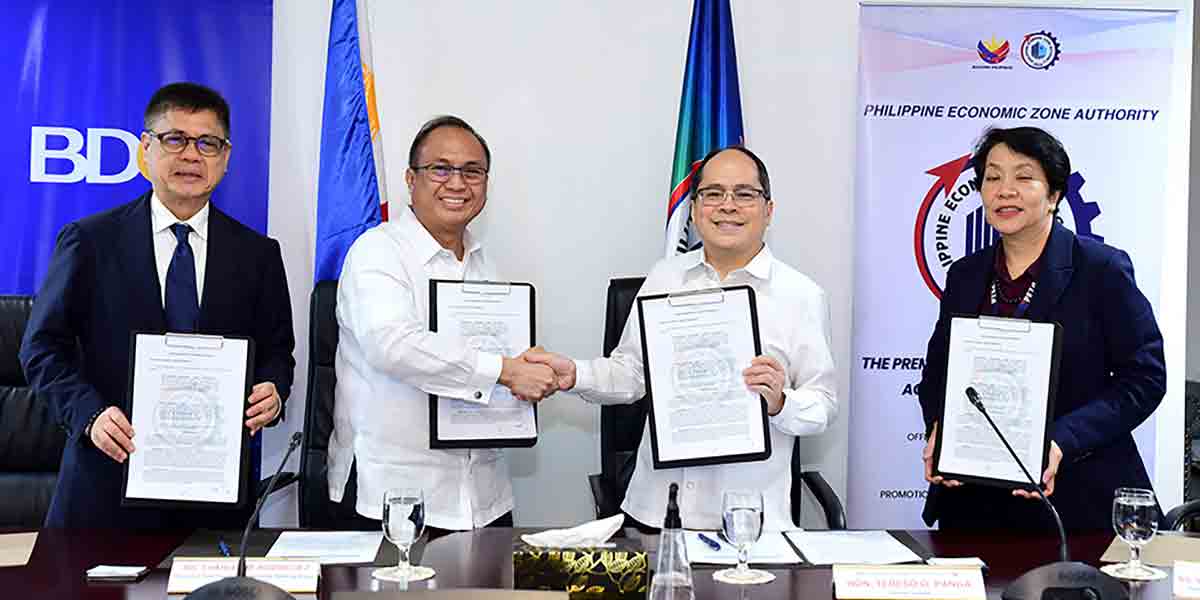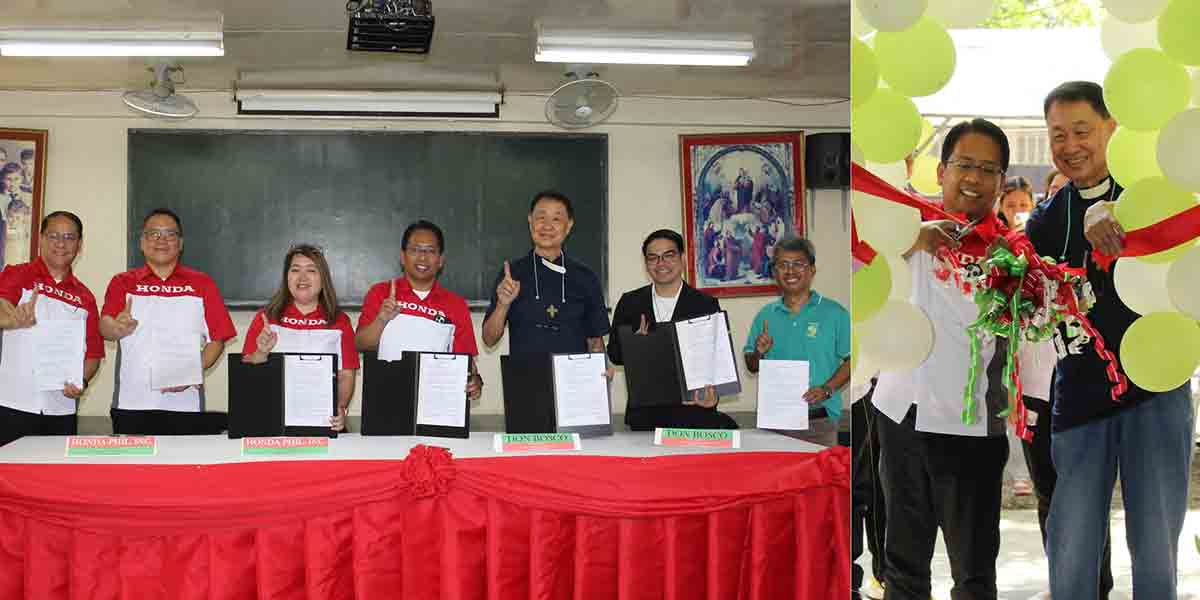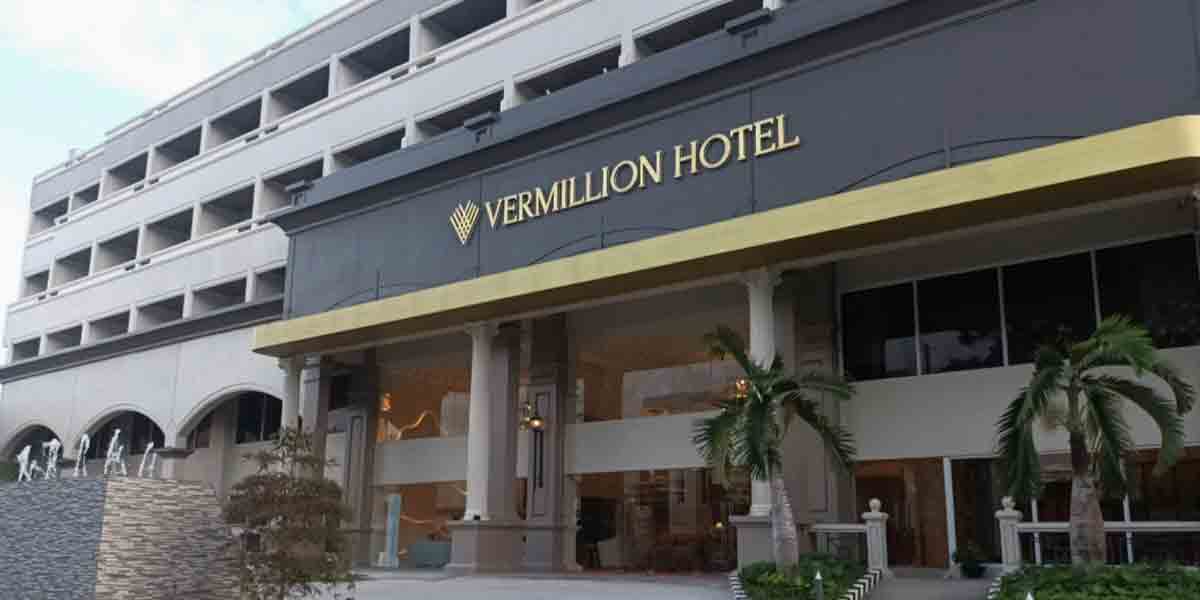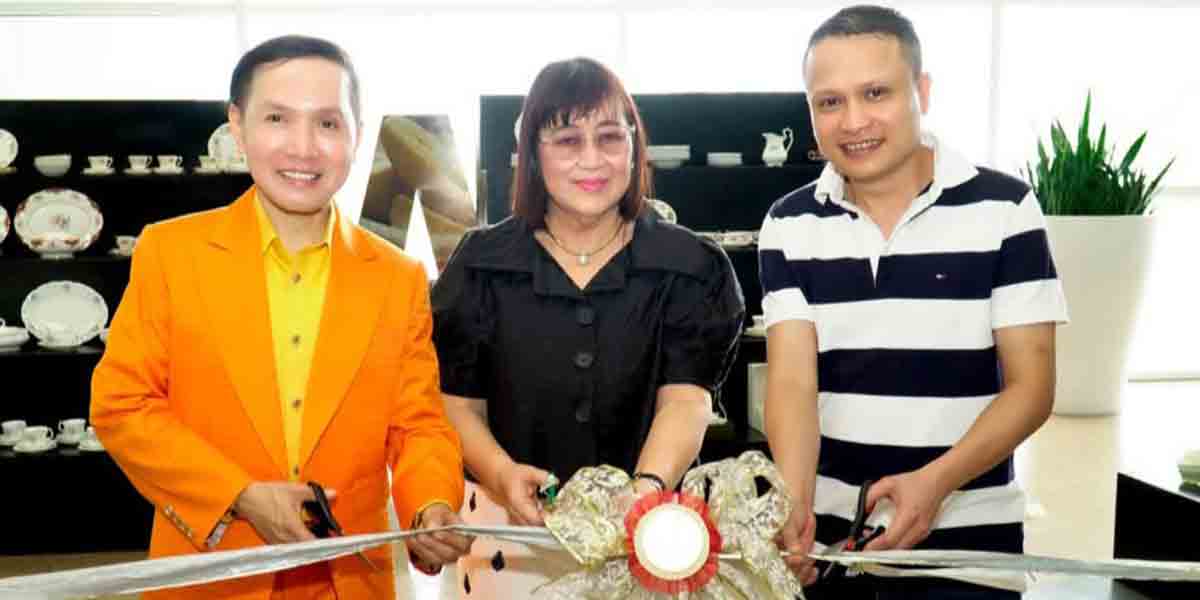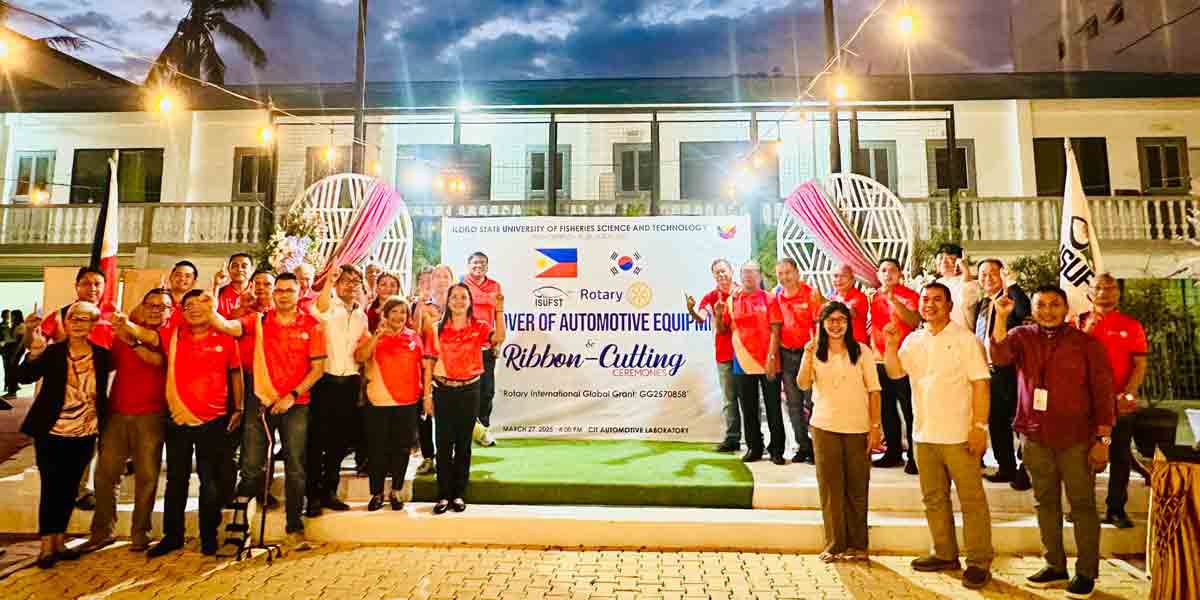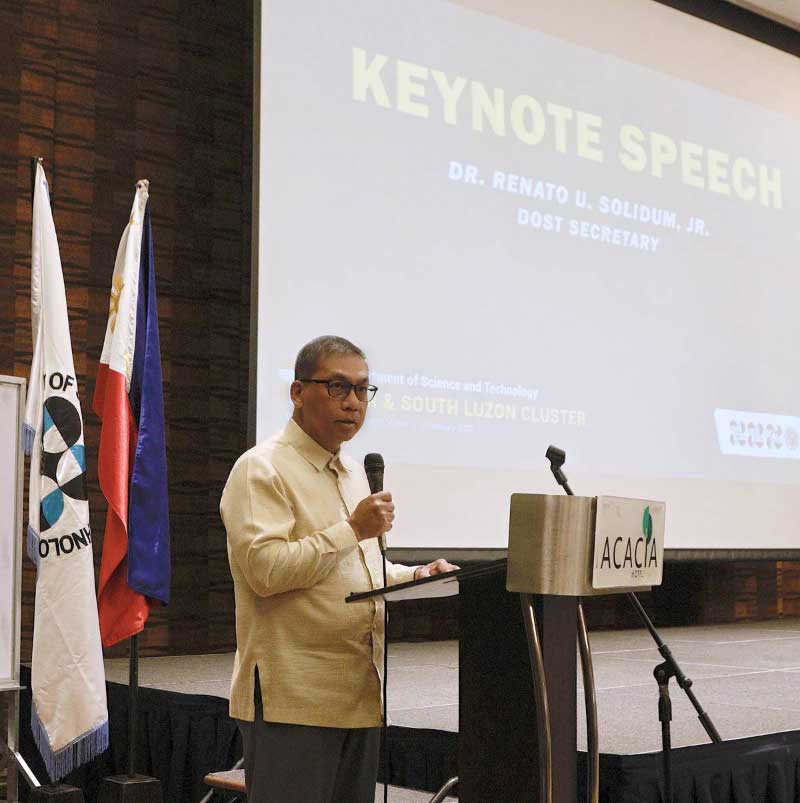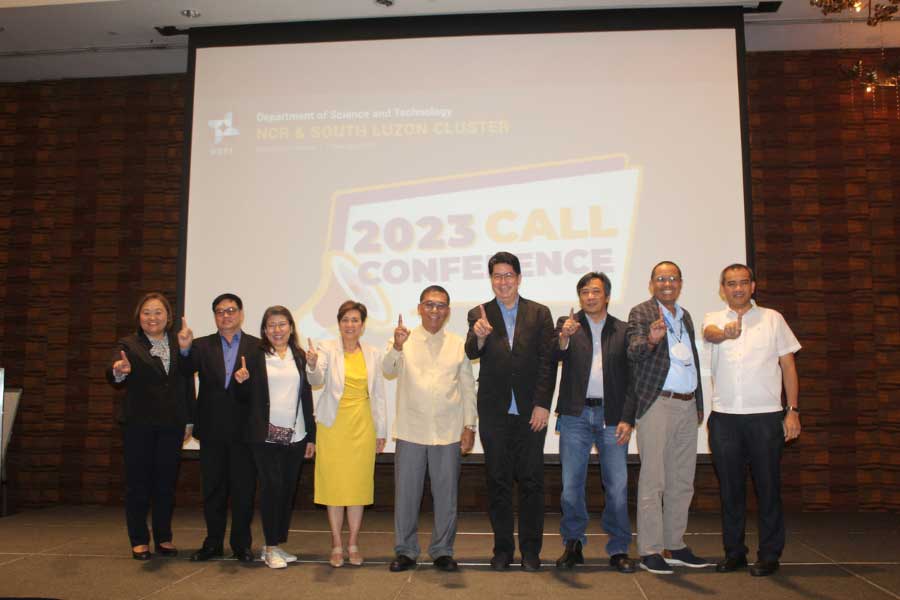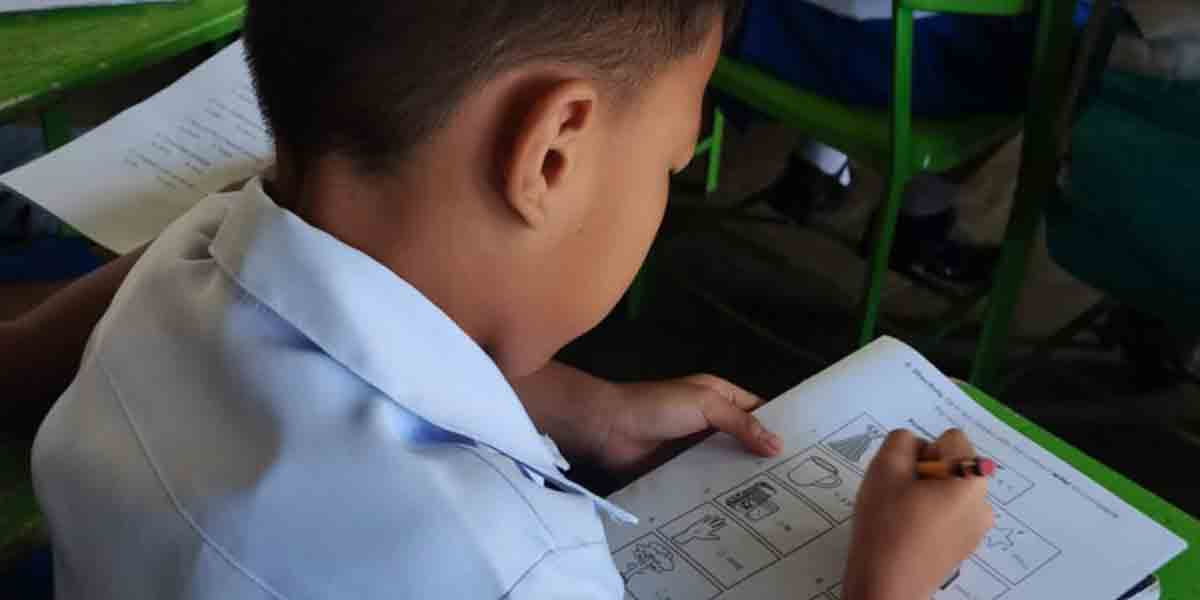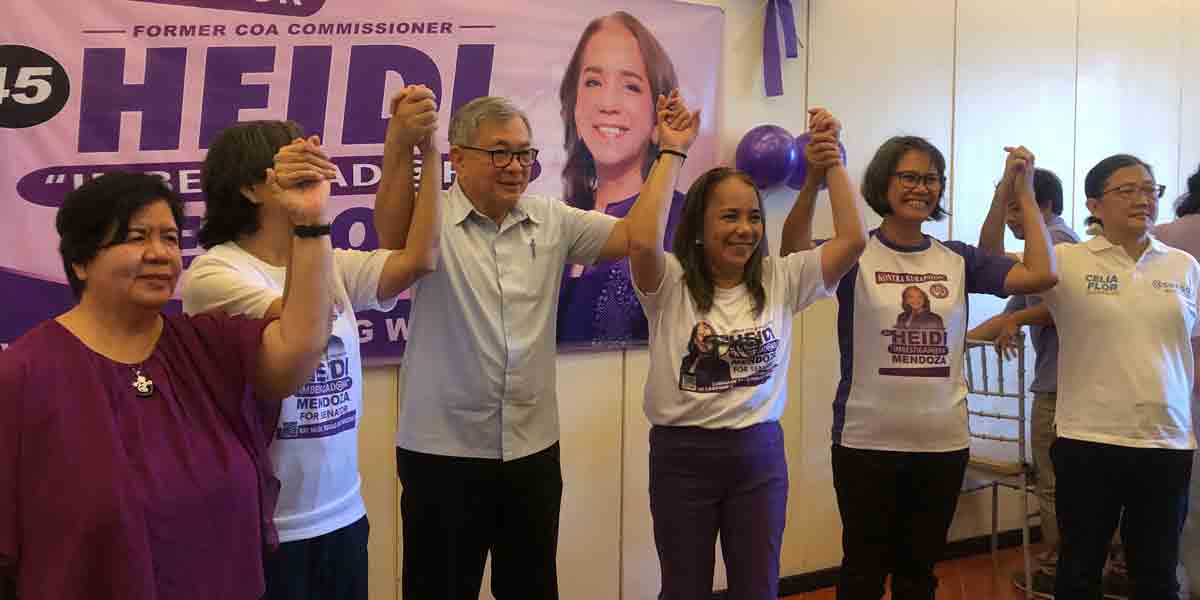The Department of Science and Technology (DOST) held the second leg of its Call for Proposals 2025 campaign at Acacia Hotel in Alabang On Wednesday to encourage researchers in availing research and development (R&D) funding.
The event converged members from industry, the academe, government agencies, communities, and associations to share their ideas and support the country’s innovation environment.
“Anticipating future changes and laying out strategic investments for innovation are key factors to national progress,” says DOST Secretary Renato U. Solidum, Jr. “We believe R&D output creates the foundation for our country’s continuous development. The proposals submitted today may be the next inspiring initiative towards a better future for the Philippines.”
For years, DOST invested in high-impact and sustainable programs that are significant in addressing national concerns. This is aligned to the research priorities along four major areas, namely: human well-being promotion, wealth creation, wealth protection, and sustainability.
One of the funded R&D projects in support of the country’s fight against the Coronavirus disease 2019 (COVID-19) is the study led by Dr. Benedict Maralit of the Philippine Genome Center (PGC) related to biosurveillance or the monitoring of COVID-19 cases through whole genome sequencing of the virus from patients.
This project aims to use genomic epidemiology perspective to track the virus and develop a deeper understanding of its characteristics.
As early as 2012, the DOST through the Philippine Council for Health Research and Development (PCHRD) invested more than 900 million pesos in Omics research for health.
This funding was used for programs in human multi-omics research which identified possible genetic markers among Filipinos associated with non-communicable diseases such as hypertension, stroke, diabetes and heart attack.
This investment also gave way to the establishment of the PGC not only in Luzon but also its satellite facilities in Visayas and Mindanao, and the launch of the Clinical Genomics Laboratory, the services of which were in the forefront of the response and genomic biosurveillance during the height of the pandemic.
With the rising oil prices and the negative impact of global warming, DOST poured funds into the E-mobility program which supported the electrification of the transportation system. It brought about the development of e-trikes, e-boats, and the conversion of tricycles in the country.
With the Philippine Council for Industry, Energy and Emerging Technology Research and Development, an entire ecosystem of an electric transport was developed which also included chargers for the electric vehicles, research on storage, as well as parts that can be locally fabricated for the maintenance of these new vehicles.
The Philippine Council for Agriculture, Aquatic, and Natural Resources Research and Development (PCAARRD) of DOST pursued its Industry Strategic S&T Programs (ISPs) in the agriculture, aquatic, and natural resources (AANR) Sector.
The council brands its initiatives and outputs as GALING, an acronym for Good Agri-aqua Livelihood Initiatives towards National Goals.
In 2016-2022, the council funded programs and projects that led to significant findings in genomics, biotechnology, nanotechnology, and smart farming. Moreover, PCAARRD also noted important milestones in socioeconomics including impact assessment and policy, as well as in technology transfer and promotion.
In August 2015, the National Research Council of the Philippines initiated the country’s first comprehensive research program for Lake Lanao, the second largest lake in the country. Six projects were funded for a comprehensive study of the physical, chemical, biological, socioeconomic, and political impacts of the lake.
The projects were conducted by NRCP members from Mindanao State University-Institute of Technology (MSU) and MSU-Marawi to save the lake from degradation caused by human activities. The results of the project provided valuable baseline data for future research and recommendations for the holistic conservation of the lake, which supplies 70% of the power requirements of Mindanao.
This initiative is the Council’s call for SAKLAW (Sustainable Communities), a priority area under the National Integrated Basic Research Agenda (NIBRA), that supports the protection and sustainability of Philippine lakes.
Some of the priority areas for Industry, Energy and Emerging Technology, include energy; construction; utilities; transportation; food; process; mining and minerals; metals and engineering; advanced materials and nanotechnology.
Some Health Research and Development, priority areas are Drug Discovery & Development (Tuklas Lunas®), functional foods, nutrition and safety, reemerging and emerging diseases, OMIC technologies for health, diagnostics, biomedical engineering for health, digital and frontier technologies for health.
For agriculture, priority research areas in crops include mango, coffee, and sugarcane. DOST is also looking for R&D projects in managing economically important emerging pests and animal feeds resource enhancement.
“From health innovations, nutrition, agricultural and aquatic breakthroughs, to technologies that will support our industry, most specially the MSMEs, R&D promotes excellence and provides the potential to elevate our country’s status and encourage economic growth,” said DOST Undersecretary for R&D Leah J. Buendia.
“We hope that through this Call Conference, we may again fund the next big milestone in supporting our country’s socio-economic goals.
The period of submission is from March 1 to May 31, 2023. Interested parties may visit the DOST Project Management Information System (DPMIS) at this website https://dpmis.dost.gov.ph/



